
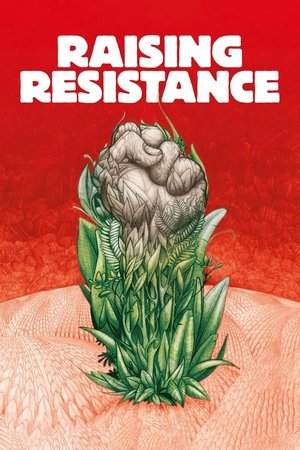
Raising Resistance(2012)
Paraguay's lush soy farms are battlegrounds between huge agri-business and small farmers. The GMO beans fatten up cattle in rich countries so steaks remain cheap. But the pesticides used are destroying the crops of the campesinos and harming their kids.



Movie: Raising Resistance
Top 2 Billed Cast
Self
Self
Video Trailer Raising Resistance
Similar Movies
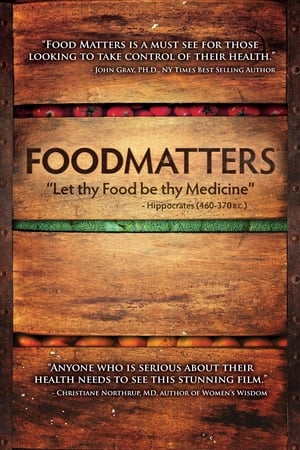 6.6
6.6Food Matters(en)
With nutritionally-depleted foods, chemical additives and our tendency to rely upon pharmaceutical drugs to treat what's wrong with our malnourished bodies, it's no wonder that modern society is getting sicker. Food Matters sets about uncovering the trillion dollar worldwide sickness industry and gives people some scientifically verifiable solutions for curing disease naturally.
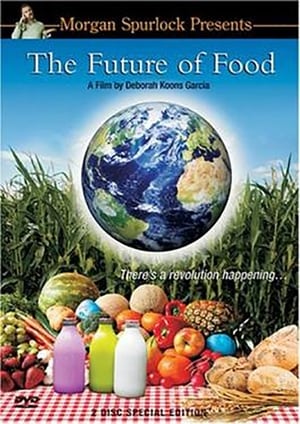 7.5
7.5The Future of Food(en)
Before compiling your next grocery list, you might want to watch filmmaker Deborah Koons Garcia's eye-opening documentary, which sheds light on a shadowy relationship between agriculture, big business and government. By examining the effects of biotechnology on the nation's smallest farmers, the film reveals the unappetizing truth about genetically modified foods: You could unknowingly be serving them for dinner.
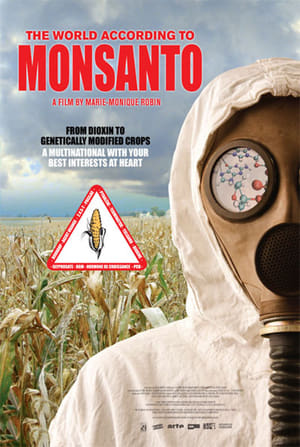 7.4
7.4The World According to Monsanto(fr)
Monsanto is the world leader in genetically modified organisms (GMOs), as well as one of the most controversial corporations in industrial history. This century-old empire has created some of the most toxic products ever sold, including polychlorinated biphenyls (PCBs) and the herbicide Agent Orange. Based on a painstaking investigation, The World According to Monsanto puts together the pieces of the company’s history, calling on hitherto unpublished documents and numerous first-hand accounts.
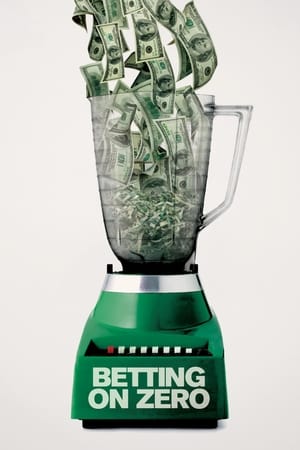 7.1
7.1Betting on Zero(en)
Controversial hedge fund titan Bill Ackman is on a crusade to expose global nutritional giant Herbalife as the largest pyramid scheme in history while Herbalife execs claim Ackman is a market manipulator out to bankrupt them and make a killing off his billion dollar short.
 0.0
0.0To Dye For: The Documentary(en)
After discovering their child's life-altering sensitivity to synthetic dyes, parents and first-time filmmakers set out to uncover the impacts of these additives. They journey to meet with the world's leading synthetic dye experts, conducting in-person interviews with scientists, researchers, and impacted families. This exploration reveals a series of shocking stories and surprising discoveries.
David Versus Monsanto(en)
Percy Schmeiser is a farmer from Bruno, Saskatchewan Canada whose Canola fields were contaminated with Monsanto's Round-Up Ready Canola. Monsanto's position was that it didn't matter whether Schmeiser knew or not that his canola field was contaminated with the Roundup Ready gene, or whether or not he took advantage of the technology (he didn't); that he must pay Monsanto their Technology Fee of $15./acre.
 7.5
7.5Heal Your Self(en)
Heal Your Self speaks to some of the greatest authorities on health today. They speak directly to the viewer, breaking down the major steps that affect your health. Topics include: food and nutrition, emotional and environmental stresses, the power of the mind, self-education, meditation, love - plus, practical steps you can take to start to restore your health. This is wall-to-wall information, that doesn't sidestep the critical issues that are necessary for you to address, to maintain or regain your health.
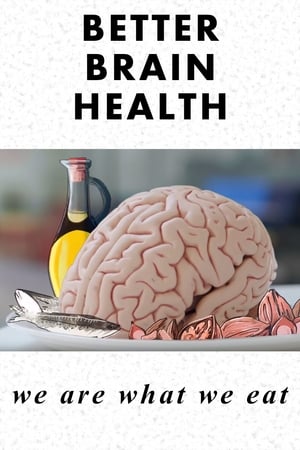 7.4
7.4Better Brain Health: We Are What We Eat(fr)
Documentary about the connection between diet and the brain.
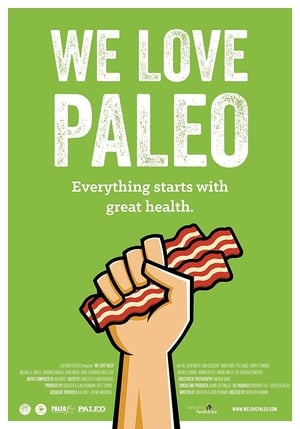 5.0
5.0We Love Paleo(en)
Doctors, nutritionists, authors and entrepreneurs from 4 countries share why they choose to go against conventional health wisdom to promote Paleo. The film also reflects on how they were profoundly transformed by the lifestyle beforehand.
 8.0
8.0Sous le bio, la malbouffe(fr)
Sales of organic products have increased tenfold in 20 years. In 2020, the market will have exceeded 13 billion euros in sales. The heavyweights of the food industry are surfing on this consumer craze for healthy food by offering more and more "green" products. But organic does not necessarily mean nutritionally balanced.
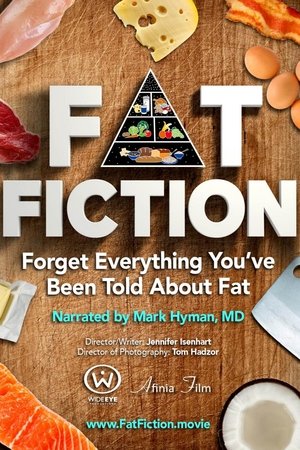 6.4
6.4Fat Fiction(en)
Leading health experts examine the history of the U.S. Dietary Guidelines and question decades of dietary advice insisting that saturated fats are bad for us.
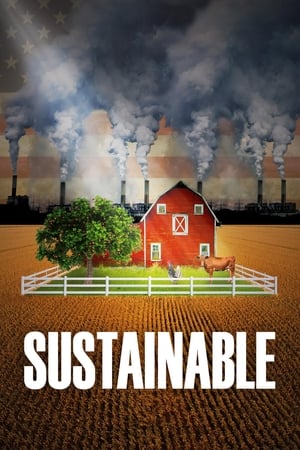 7.0
7.0Sustainable(en)
This film weaves together expert analysis of America's food and farming system with a powerful narrative of one extraordinary farmer who is determined to create a sustainable future for his community.
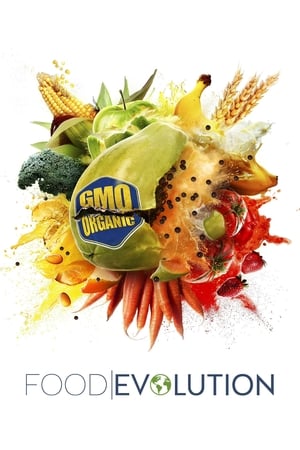 7.0
7.0Food Evolution(en)
As society tackles the problem of feeding our expanding population safely and sustainably, a schism has arisen between scientists and consumers, motivated by fear and distrust. Food Evolution, narrated by Neil deGrasse Tyson, explores the polarized debate surrounding GMOs. Looking at the real-world application of food science in the past and present, the film argues for sound science and open-mindedness in a culture that increasingly shows resistance to both.
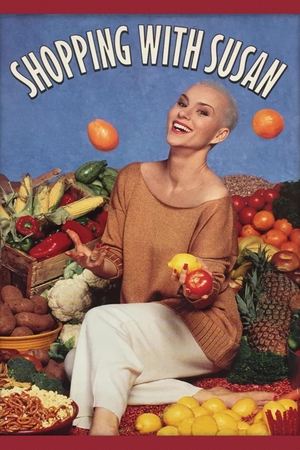 0.0
0.0Shopping with Susan(en)
Hi, my name is Susan Powter. Everywhere I go, people ask me, “Susan, what should I eat?” I’ve created “Shopping with Susan” to answer the questions you have about getting the fat out of your kitchen, shopping and re-stocking with high-volume, low-fat food. “Shopping with Susan” will help you make the right choices. Remember, food doesn’t make you fat, fat makes you fat!
 8.0
8.0The Truth About Fat(en)
Scientists are coming to understand fat as a dynamic organ—one whose size may have more to do with biological processes than personal choices. Explore the mysteries of fat and its role in hormone production, hunger, and even pregnancy.
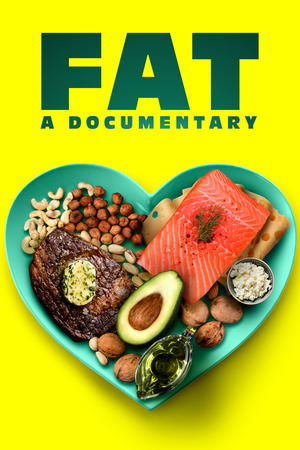 6.1
6.1FAT: A Documentary(en)
Weight loss expert Vinnie Tortorich and award-winning filmmaker Peter Pardini want you to join their team to make a hard-hitting documentary film that exposes the widespread myths and lies around healthy eating, fat and weight loss and shows how, in spite of all our good intentions, we go on getting fatter and fatter.
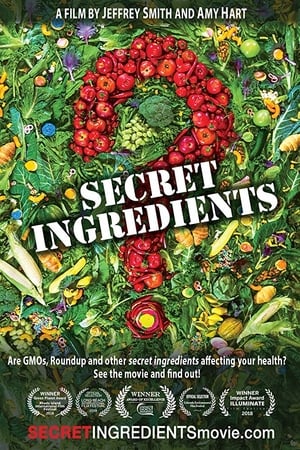 0.0
0.0Secret Ingredients(en)
While the debate continues about GMOs, Roundup and other toxic pesticides, this powerful film shares remarkable stories of people who regain their health after discovering the secret ingredients in their food and making a bold commitment to avoid them.
 7.4
7.4Cheap Food(fr)
Industrial food production has provided the public with an abundance of food at very low prices. But with obesity and diabetes at record levels in Europe, there is clearly a problem with the food we eat. This documentary puts the spotlight on the agri-food industry and reveals how low-cost ultra-processed foods are really made.
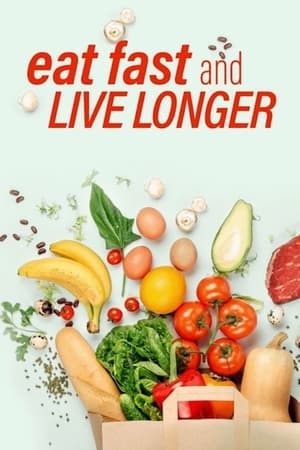 6.5
6.5Eat, Fast and Live Longer(en)
British journalist and physician Michael Mosley sets an ambitious goal: to become healthier and lose weight while making as few changes as possible to his life. In working toward these goals, Mosley discovers a powerful new science behind the old idea of fasting, a program that still allows him to enjoy his favorite foods. He takes a road trip across the U.S. to investigate how a little hunger can turn on the body’s “repair genes” and, of course, tries the new science himself. Mosley learns that a diet based on feast and famine has powerful effects on the body, reducing the risks of heart disease, diabetes and some cancers. The diet seems to pack the anti-aging clout of calorie restriction while still allowing for a taste of the good life. And it turns out to be not only good for the body; it may also be good for the brain.
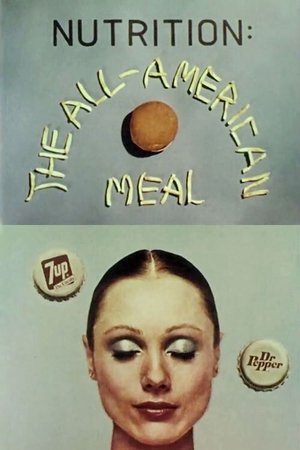 4.3
4.3Nutrition: The All-American Meal(en)
The increasing reliance of 1970's America on fast food meals is examined, and ways to improve on this diet are suggested.
